In September 2023, APTMA (All Pakistan Textile Mills Association) reported that Pakistan's textile exports faced a significant setback, with a 12% decrease in exports compared to the same month in 2022. This decline is not an isolated incident but part of a more extensive trend, with textile exports falling by a staggering 18% during the first nine months of 2023 compared to the same period in 2022.
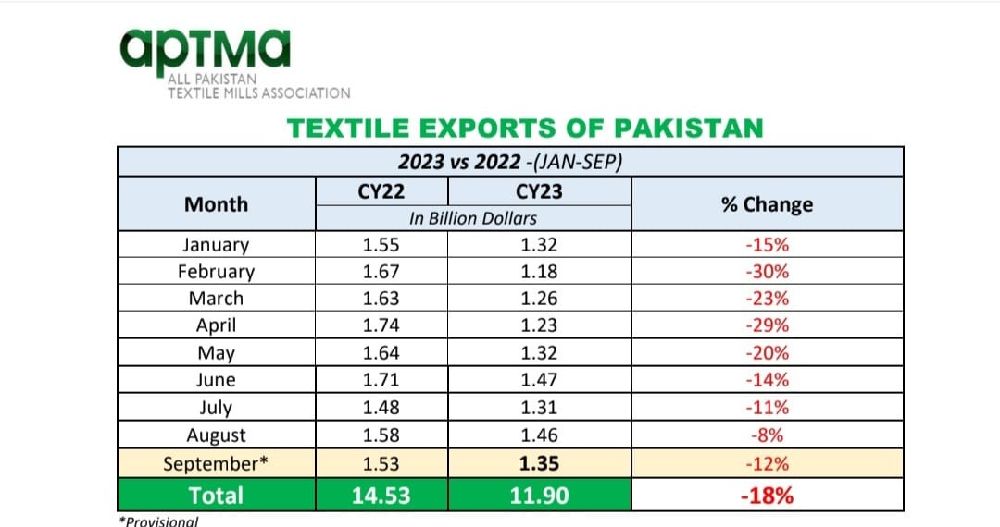
Moreover, this downward trajectory began even earlier in the year, with a 10% year-on-year drop during the initial quarter of the current fiscal year. These numbers are alarming, especially considering that Pakistan's textile sector is a vital driver of its exports and a significant contributor to its economy.
The Factors Behind the Decline
Global Economic Factors
The decline in textile exports is closely linked to the global economic environment. Changes in consumer preferences, economic instability, and fluctuations in exchange rates have collectively impacted Pakistan's exports. The ongoing economic uncertainty worldwide has led to reduced demand for textiles and clothing.
Increased Competition
Pakistan competes with other textile-producing countries for global market share. These competitors offer similar products at competitive prices. To stay relevant, Pakistan's textile industry must differentiate itself through innovation, design, and product quality.
Rising Input Costs
Escalating prices of raw materials and energy costs have cut into the margins of Pakistani textile manufacturers. The higher costs have not only affected profitability but also price competitiveness in the international market.
Transportation Challenges
Logistics have posed significant challenges for exporters. Shipping delays, rising transportation costs, and difficulty in moving goods efficiently to international markets have reduced the industry's ability to compete on a global scale.
Floods Affecting the Exports
Flooding has disrupted Pakistan's textile exports. With over 40% of cotton production underwater in key areas, the industry faces higher costs due to the need for cotton imports. This adds complexity to the export challenges, emphasizing the need for a resilient and adaptable textile sector to navigate both global and local obstacles.
Pandemic Times and Export Fluctuations
Interestingly, during the height of the COVID-19 pandemic, Pakistan's textile industry experienced a paradoxical situation. While supply chain disruptions were a concern, competition from other markets had decreased significantly due to lockdowns and travel restrictions worldwide.
This created a unique window of opportunity for Pakistan, allowing it to fulfil a portion of the global textile demand that could not be met by other countries. This brief surge in exports during the pandemic times highlights the industry's potential for growth, provided it can adapt to changing market dynamics and overcome the challenges posed by both global crises and regional factors.
Possible Solutions to Improve the Decline
Diversification
One solution to address the decline in textile exports is diversification. The Pakistani textile sector can explore producing a broader range of products to meet changing global demands. This could include investing in sustainable and innovative materials and catering to emerging trends in the market.
Quality Assurance
Maintaining consistent product quality is essential to compete in the international market. Implementing and adhering to strict quality control measures can help regain customer trust. This could involve a certification process to ensure products meet international standards.
Efficiency and Cost Management
Streamlining manufacturing processes and implementing effective cost management strategies can help reduce production costs, improving overall competitiveness. Modernizing production facilities and adopting energy-efficient practices can be instrumental in achieving this goal.
Market Research
In-depth market research is essential to identifying emerging trends, consumer preferences, and market demands. This can enable Pakistani exporters to adapt to specific market requirements, ensuring they produce products that are more likely to succeed in international markets.
Government Support
Collaborative efforts between the government and industry players can lead to policy adjustments, financial incentives, and infrastructure development that facilitate exports. For instance, the government can offer tax incentives to encourage innovation and investment in modernization. Moreover, improving infrastructure, such as ports and transportation, can enhance efficiency.
Empowering Pakistan's Textile Industry with Zaraye
In these challenging times for Pakistan's textile industry, having reliable partners and suppliers is critical. Zaraye, an innovative sourcing platform, stands out as a potential solution and a source of support and empowerment.
Zaraye's key strength lies in providing a platform for businesses to connect and collaborate. By facilitating these connections, Zaraye empowers textile businesses to source and sell their products more effectively. This not only brings seamless sourcing and procurement but also drives efficiency and effectiveness across the textile sector.
By utilizing Zaraye's platform, Pakistani textile companies can tap into a network of potential suppliers and buyers, enhancing their product offerings, streamlining their supply chain, and improving the profitability of their business. This is not just about sourcing; it's about strategic collaboration and empowerment, all made possible through the connections facilitated by Zaraye.
In the current challenging economic climate, it's important for Pakistan's textile industry to leverage the support and expertise of platforms like Zaraye to navigate these turbulent waters. The textile sector is not just about manufacturing; it's about building robust, collaborative, and efficient connections that can weather the challenges of today's global market.
Leveraging the power of marketplace platforms like Zaraye is a crucial step toward this revitalization. Their ability to empower businesses through connections, collaboration, efficiency, innovation, and market expansion aligns with the strategies needed to improve Pakistan's textile exports. By harnessing the strength of partnerships and a commitment to quality and innovation, the textile industry can overcome its current challenges and emerge stronger than ever, contributing significantly to the country's economic growth and stability.






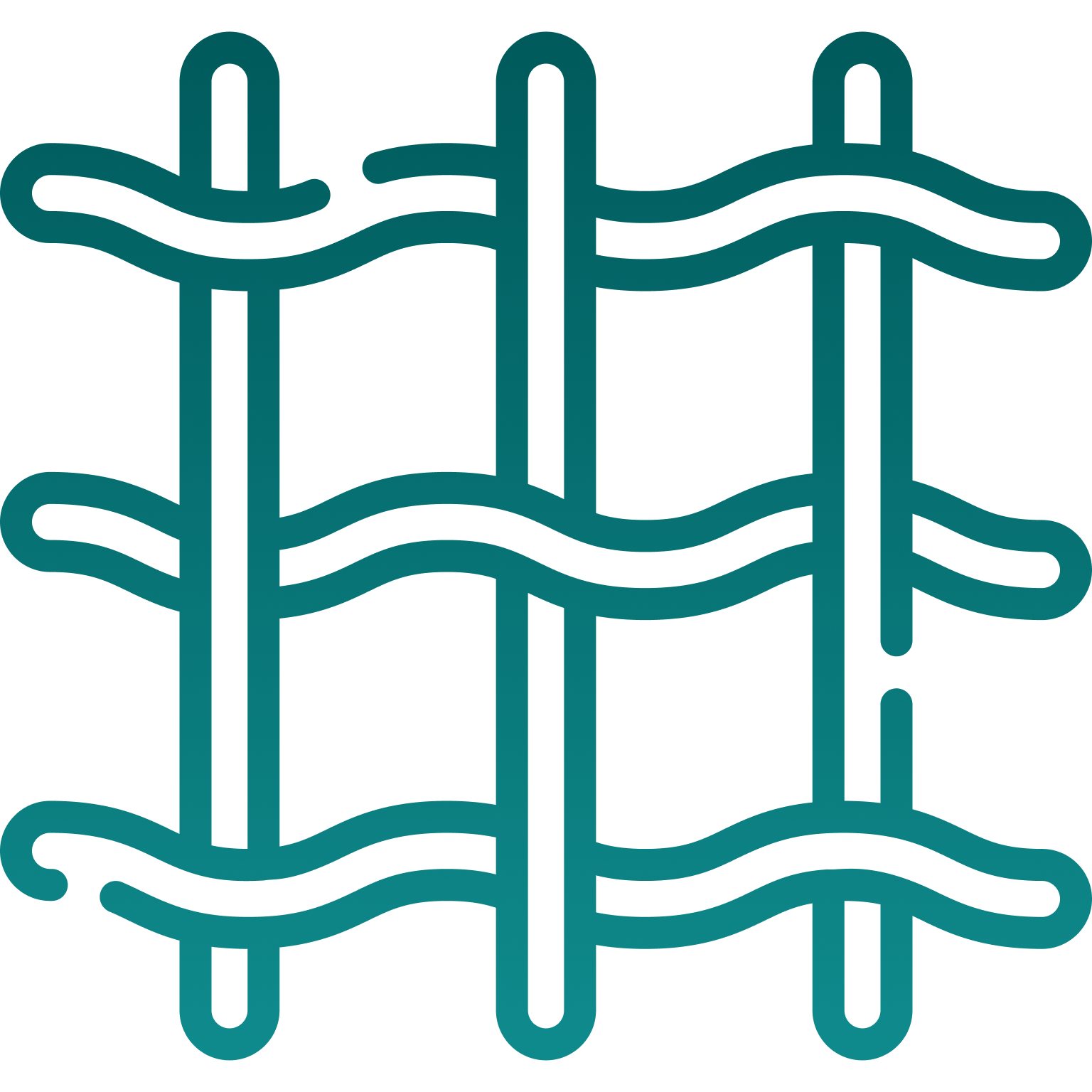

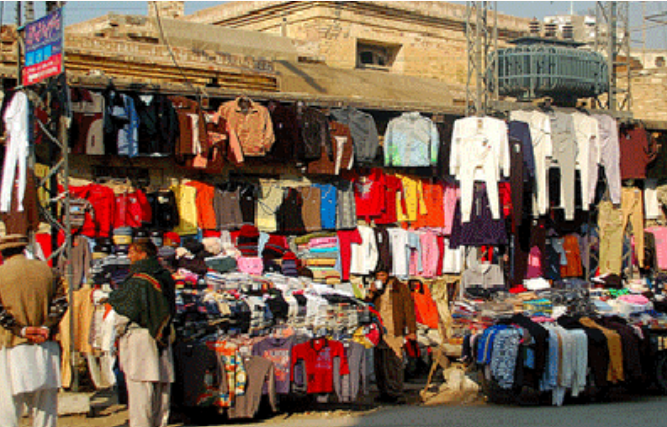





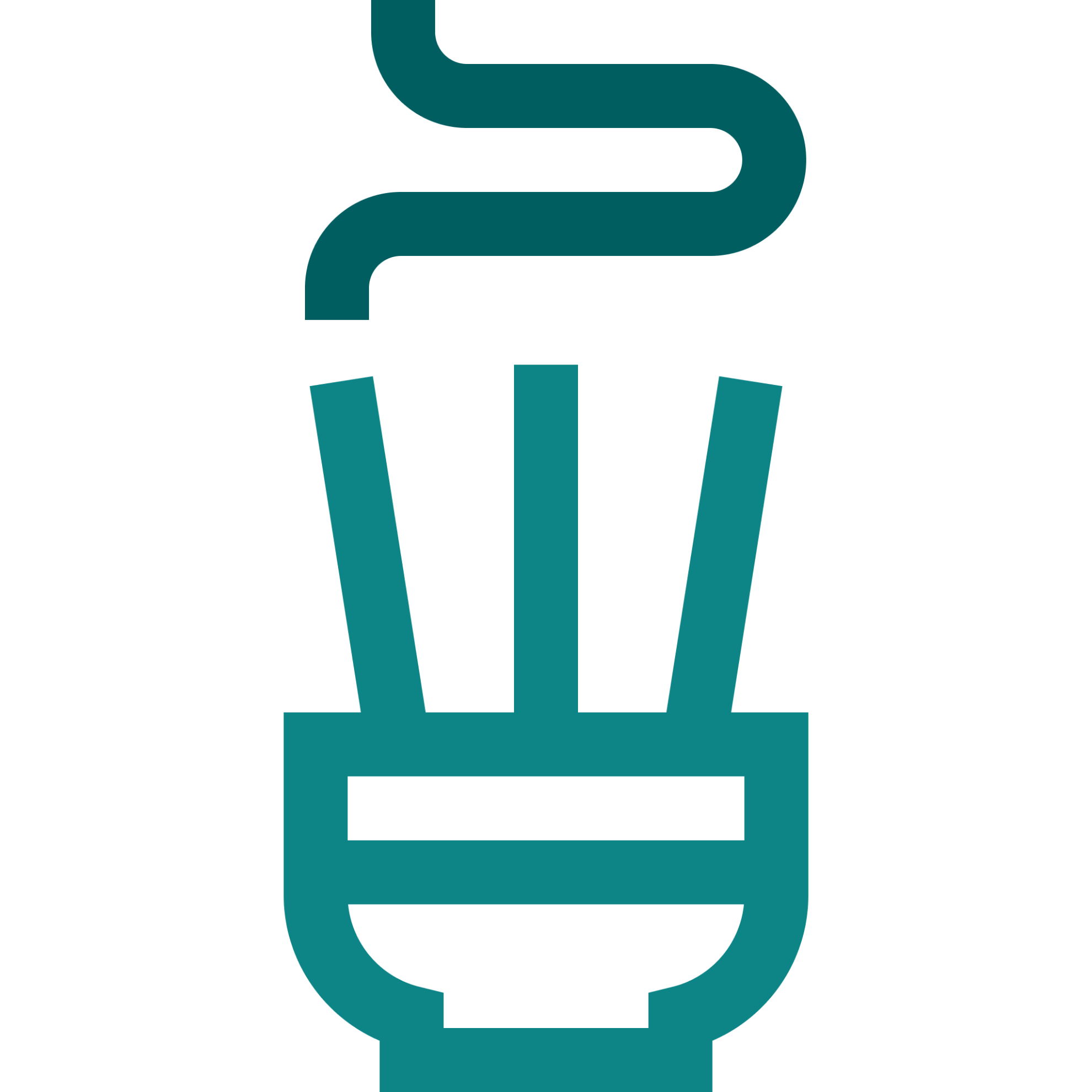
.png)


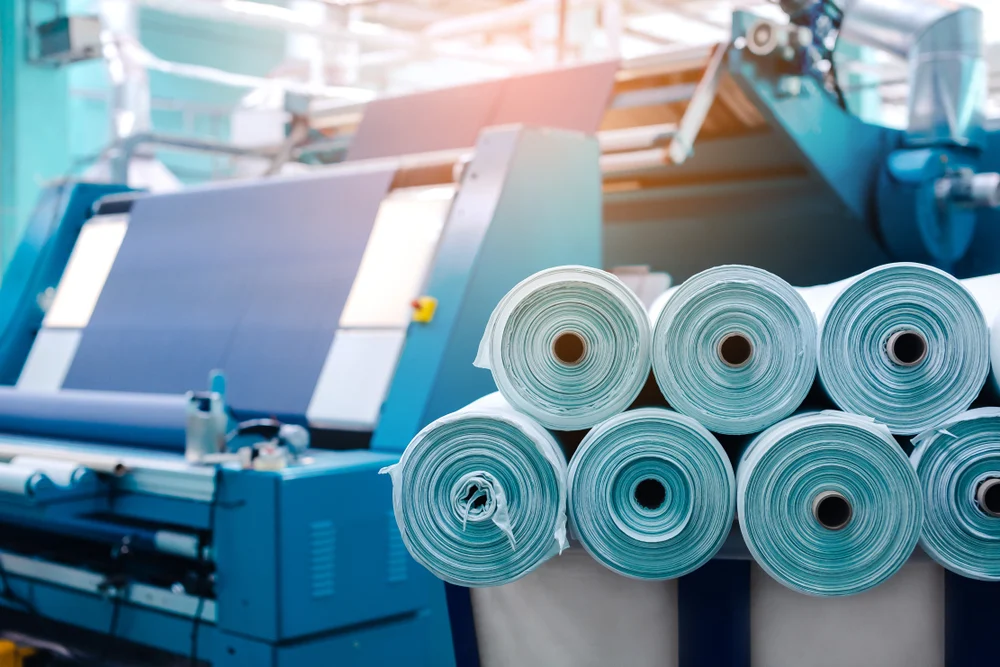
-Copy-1.png)



